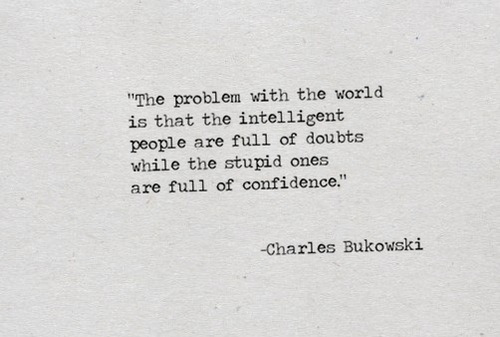SymbolicFrank
Magister
- Joined
- Mar 24, 2010
- Messages
- 1,668
I meet young people that want to make video games for a living quite often. And I offer to coach them about half the time.
The first thing I urge them to do, is research (play) the highlights of the old classics. So they can see how games evolved, and what works.
They never do.
They want to create the perfect game they have in their head. Which is perfect! It is the best game ever! And the one they want to play.
But, when I keep asking questions, they don't really know how it should look or work, just that it should be like in their dreams.
Better than all others they know!
And when I give them a bunch of old classics, for research material, they never play them. Those are all boring and look bad. It's, like actual work! They don't need to play them to know that their perfect games beat them in all aspects! They don't have to play old, boring and ugly games to find that out! It's obvious!
Then again, they don't have a clue how you go about building a game, either.
Is it me, or is it them?
The first thing I urge them to do, is research (play) the highlights of the old classics. So they can see how games evolved, and what works.
They never do.
They want to create the perfect game they have in their head. Which is perfect! It is the best game ever! And the one they want to play.
But, when I keep asking questions, they don't really know how it should look or work, just that it should be like in their dreams.
Better than all others they know!
And when I give them a bunch of old classics, for research material, they never play them. Those are all boring and look bad. It's, like actual work! They don't need to play them to know that their perfect games beat them in all aspects! They don't have to play old, boring and ugly games to find that out! It's obvious!
Then again, they don't have a clue how you go about building a game, either.
Is it me, or is it them?









![The Year of Incline [2014] Codex 2014](/forums/smiles/campaign_tags/campaign_incline2014.png)








